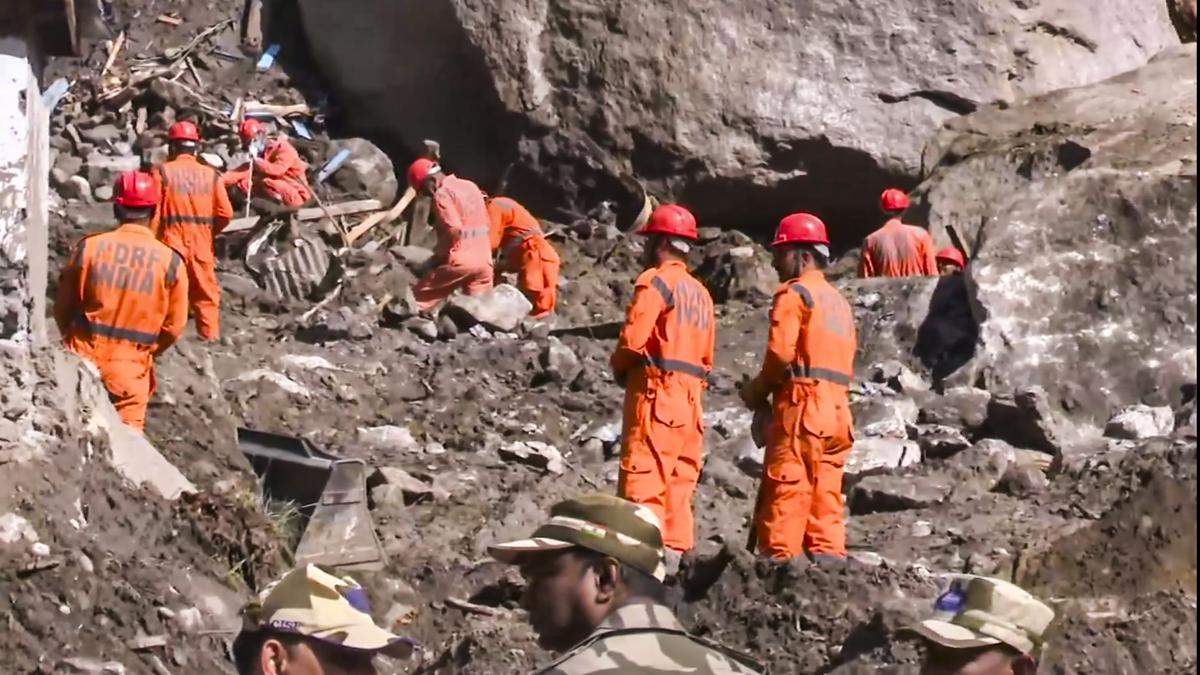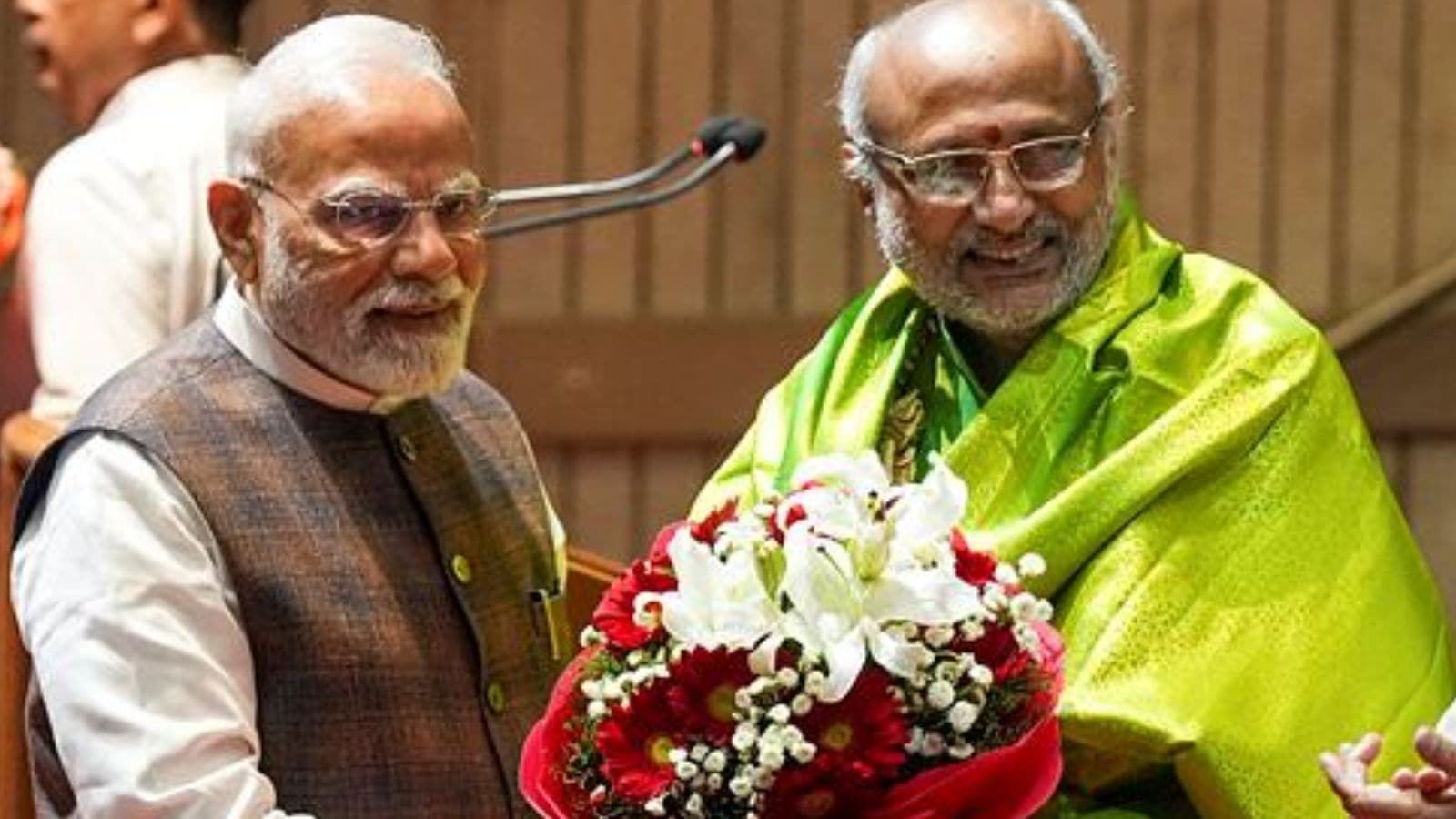Two States, Kerala and Tamil Nadu, are asking whether the Centre, through the rare Presidential Reference mechanism, is egging the Supreme Court on to give an “opinion” which would overrule its own “binding” judgment.
The States argue the judgment in the Tamil Nadu Governor case has comprehensively answered constitutional questions about the powers and discretion of the President and State Governors while approving, withholding or reserving assent to proposed State laws.
On April 8, a two-judge Bench of the apex court headed by Justice J.B. Pardiwala fixed three-month timelines for the President and the Governors to deal with State Bills under Article 200 and 201 of the Constitution.
The timelines were not an invention of the Supreme Court, something pulled out of thin air. They were based on twin Office Memorandums issued by the Home Ministry in February 2016 highlighting the problem of “undue delay” caused by the President and Governors in taking a final decision on State Bills.
The States highlighted the fact that the Union government has not assailed the April 8 judgment in a review or a curative petition. This would necessarily mean the Centre has accepted the timelines. If so, what is the need for a Reference now.
The Constitution Bench headed by Chief Justice of India B.R. Gavai have agreed to give the two States first audience to argue the maintainability of the Presidential Reference on August 19.
A Reference made by the President to the Supreme Court under Article 143 of the Constitution was contingent on the fact that ‘a question of law or fact has arisen, or is likely to arise’ and hence was not res integra (unsettled law). The States have argued that 11 of the 14 questions raised by the President in the reference have already been answered in the April 8 judgment.
Kerala and Tamil Nadu point out that the questions referred to the Supreme Court ex facie show that no question of law or fact had arisen, or was likely to arise. “As the very questions stand conclusively and determinatively answered by the Supreme Court in the Tamil Nadu Governor case judgment,” they point out.
The States have urged the court to reject the Reference as a gambit by the Centre to overrule a judgment already delivered. They want the Reference to be returned unanswered.
Besides, the two States have asked how an opinion of the court on a Presidential Reference could overrule a binding judgment.
A nine-judge Bench of the Supreme Court in Ahmedabad St. Xavier’s College Society v. The State of Gujarat has held that a report made to the President in a reference was entitled to “great weight”, but could not supplant a judgment.
The Tamil Nadu Governor case judgment was ‘law’ declared by the Supreme Court under Article 141, and binding upon the Council of Ministers.
“An opinion rendered by the current Constitution Bench in its advisory jurisdiction under Article 143 cannot supplant or supersede or override such law, and being only an opinion, and not being law under Article 141, would not bind the President,” the States have argued.
Incidentally, Kerala and Tamil Nadu have criticised the Presidential Reference for “suppressing” the very existence of the Tamil Nadu Governor case judgment of April 8. This alone, they say, was ground enough for the Constitution Bench of the apex court to reject the Reference.



.png)
.png)
.png)
















 1 hour ago
3
1 hour ago
3










 English (US) ·
English (US) ·